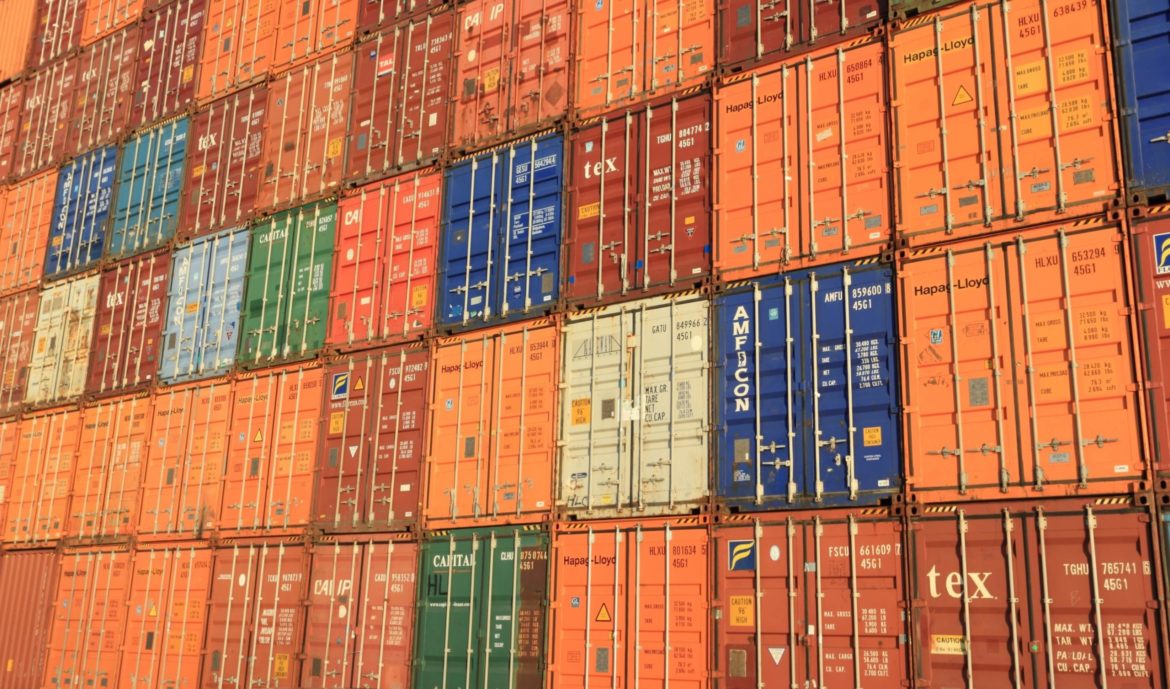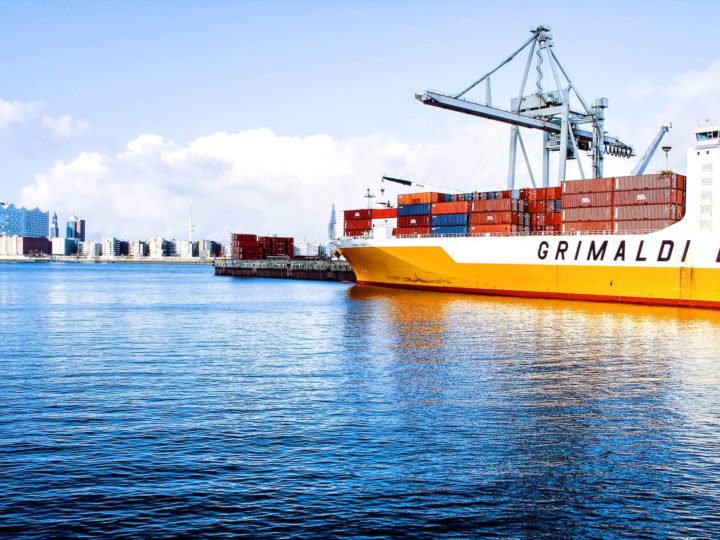
Determining the current state of shipping industry news is similar to looking into a Magic 8 Ball – when you shake it and the water settles, the message says, “Future Remains Uncertain.” This uncertainty is due to many factors: ongoing trade tensions between China and the United States, domestic and international politics, fuel pricing uncertainties, and environmental regulatory concerns. If those weren’t enough to roil the waters, the lingering impact of the COVID-19 pandemic continues to cast a shadow on the overview of the shipping industry’s economic future. The ongoing presence of COVID-19 continues to negatively impact charter rates, operating expenses, staffing, and logistics planning.
Shipping Industry News: The Good
Let’s start this update on the most positive note. The good news is that the shipping industry is doing better than expected. In 2020, the United Nations Conference on Trade and Development reported that worldwide maritime trade was expected to drop by over 4 percent due to the pandemic. Thankfully, those losses didn’t materialize due to the accelerated distribution of the COVID-19 vaccine starting in 2021. While there is little positive news that anyone can say about the impact caused by the global pandemic, one benefit is that the shutdown provided an overview of the shipping industry’s weakest areas, such as the need to improve risk management and emergency response preparedness in capacity logistics. The industry has been improving its position as a result.
Shipping Industry News: The Bad
One of the more pervasive and troubling trends in shipping industry news is employment and staffing. There are both immediate and longer-term concerns that the industry will need to take into account to avoid future problems. At present, shipping companies around the globe are now dealing with a significant employee shortfall in hiring and retaining crew members due to the Russia-Ukraine war. Citizens of these two countries comprise nearly 15% of the seafarers in the global shipping workforce. In addition, the closures and destruction of essential ports in these areas of the world and many young people being called into military service have created crew shortages that are not quickly replaced.
According to the United States Department of Labor, employment in seafaring occupations is expected to decrease by roughly 2 percent until 2028. It is anticipated that many currently working in water transportation will leave the sector for land-based transportation jobs in the coming years. While hiring will be necessary to replace transitioning workers, technological changes may result in newer, automated ships designed to be operated by smaller crews. Increased efficiency in computerized systems for navigation, engine control, crew management, and cargo gradually reduces the demand for on-site, in-person crews. In addition, jet propulsion cargo vessels, commonly referred to as fast ships, are making gains in certain water transportation sectors. As ocean-crossing times decrease, the nature and expectations of the industry will change. New opportunities will present themselves, and redundancies or obsolete practices will need to be retired.

Shipping Industry News: The Ugly
One of the world’s oldest professions refuses to go away; and by that, we mean piracy. Based on data from Statista, a shipping industry overview of piracy claims saw a 24 percent year-over-year increase in attacks (both successfully executed and attempted). The areas most susceptible to piracy are off of the Gulf of Guinea and Gulf of Mexico. The rise in piracy is attributed to the pandemic, which has left many governments throughout Africa, South and Central America, and South Asia with insufficient funds to battle these illegal and dangerous attacks. Pirate activity is projected to continue and worsen in the years ahead in these areas of the world.

Shipping Industry Overview: The State of 2022
In 2022, the shipping industry is currently experiencing one of the most turbulent markets on record. While demand has been strong, it seems likely that a slowdown will occur later this year. As the global economy weakens, inflation rises, and supply-chain disruptions continue, growth will slow compared to the increases in container volume we experienced in 2021. As a result of this anticipated slowdown, many major carriers are already increasing their number of canceled sailings throughout the three major trade lanes: US West Coast-Asia, US East Coast-Asia, Northern Europe-Asia. Of these three routes, the US East Coast route is the most robust, with only 10 percent of its capacity reduced. The US West Coast Route is not so fortunate, and a reduction of nearly 25 percent is expected. However, as those of us who have been in the business a long time know, cycles go back and forth, and it’s only a matter of time before freight surges follow, and demand and capacity rise again.
Shipping Industry News: A Little Bit of Entertainment
Today’s article about shipping industry news can’t be ALL business! So to lighten things up, here’s a curious bit of “entertainment” news you might have missed. The world’s largest cargo freight ship recently arrived in the United Kingdom. The vessel, called the Ever Ace, is a 1,300ft ship capable of holding 23,992 standard containers. We believe it’s a current world record! Ever Ace arrived at Britain’s largest container port, Felixstowe in Suffolk, and is operated by Taiwan’s Evergreen Marine Corporation.
Let’s hope Evergreen and Ever Ace has better luck than its sister vessel, Ever Given. As you may recall, that’s the vessel responsible for blocking the Suez Canal in March 2021. That incident went down in shipping history as one of the biggest traffic jams on record!
Staying on Top of Shipping Industry News is Our Business
At Trans Global Auto Logistics, we help businesses navigate complex shipping challenges. With offices in Dallas and Orlando, Florida, and shipping warehouse facilities in Los Angeles, New Jersey, and South Carolina, Trans Global Auto Logistics is a licensed and bonded freight forwarder and Non-Vessel Owning Common Carrier (NVOCC). Our three decades of logistics experience and risk mitigation best practices protect your cargo and bottom line. Contact us today to learn more about our services and request a price quote.





